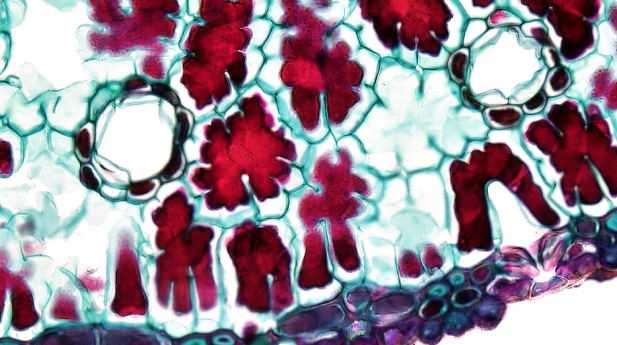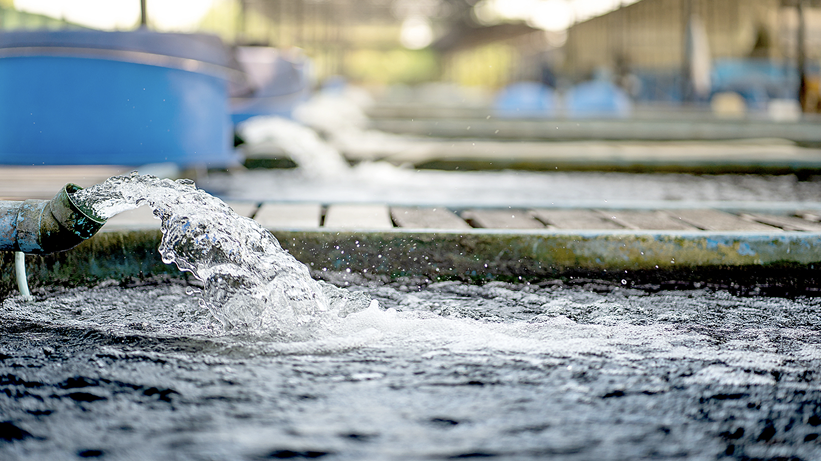Superfund Research Program
The Superfund Research Program (SRP) has two large webinar series that occur annually: The Progress in Research (PiR) series, and the Risk e-Learning (ReL) series. Both series are hosted on the U.S. Environmental Protection Agency's Contaminated Site Clean-Up Information (CLU-IN) website.
PiR webinars feature work being initiated by recently awarded grant recipients. The purpose of these webinars is to facilitate a dialogue between the researchers, field practitioners, and stakeholders early in the stages of research progress so that these new projects are on a trajectory for successful technology transfer and application by end users. ReL webinars provide information about environmental exposures and health, and cover topics including risk communication strategies, bioremediation, and data science. The webinars are open to the public, including risk assessors and regional project managers, industry representatives, environmental engineering/consulting firms, community members, academia, and federal, state, and local regulatory agencies.
ReL and PiR webinars, and other virtual events hosted by SRP on CLU-IN, are included below:

2026 ReL: From Cells to Solutions: Emerging Tools for Studying Health and Disease
This series is focused on the use of innovative, human-relevant technologies to better characterize the biological effects of chemicals.

2024 ReL: Advancing Environmental Health Research with Artificial Intelligence and Machine Learning
This series focused on using artificial intelligence (AI) and machine learning to advance environmental health research.

2023 ReL: Tools for PFAS Site Characterization
This series focused on research efforts to develop tools for sampling, monitoring, detecting, and characterizing per- and polyfluoroalkyl substances (PFAS) contamination.

2024 PiR: Emerging Technologies in Occupational Health and Safety
Showcased researchers funded by SRP and others developing curricula and educational programs focused on emergent technologies in the sphere of occupational health and safety.

2023 PiR: SRP Multiproject Center Grants: Research Across Disciplines
Multiproject Center grant recipients funded in 2022 as part of the P42 grant solicitation RFA-ES-20-014 highlighted their research projects, accomplishments, and next steps.

2022 PiR: Utilizing Innovative Materials Science Approaches to Enhance Bioremediation
This series featured SRP individual research projects incorporating new advances in materials science to optimize bioremediation of contaminants in soil, sediment, or water.

2025 Virtual Technology Fair Part II: Per- and Polyfluoroalkyal Substances (PFAS)
This event highlighted the cutting-edge tools developed by Small Business Innovation Research Grant recipients for treating and detecting per- and polyfluoroalkyl substances (PFAS) in the environment.
2025 Virtual Technology Fair: Heavy Metals Detection and Treatment for Water
This event showcased innovative approaches, developed by Small Business Innovation Research grant recipients, to clean up water contaminated with hexavalent chromium and metals from mine damage, such as mercury.

2024 Virtual Technology Fair: Lead (Pb) Detection and Treatment for Water
This event featured Small Business Innovation Research grant recipients developing innovative solutions to detect and remediate lead and other metals in water.


